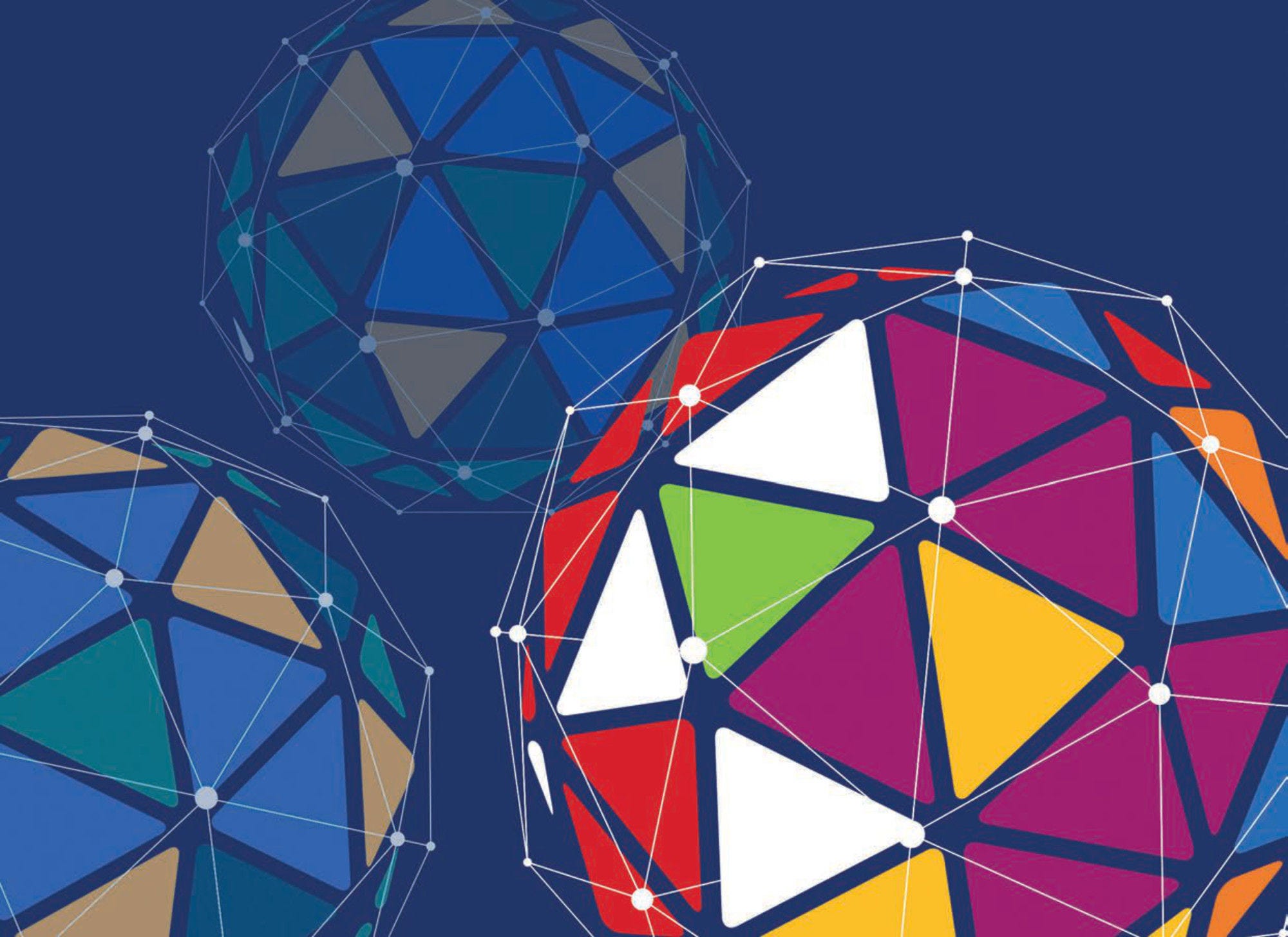Triangular co-operation is an investment in inclusive partnerships that can bridge divides and leverage the collective know how and resources of all partners to implement the Sustainable Development Goals (SDGs).
Triangular co-operation does not aim to replace South-South co-operation or any other forms of bilateral or multilateral co-operation. It successfully provides a link between South-South co-operation and North-South co-operation, enabling developed and developing countries, international organisations, and other stakeholders to come together and work in partnerships that draw on the wealth of knowledge, expertise, and resources of all partners to deliver sustainable results.
The heart of triangular co-operation is its ability to build trust between partners that can potentially extend beyond the technical co-operation activities to underpin broader political dialogue and drive further progress on sustainable development.
The OECD is dedicated to delivering better policies for better lives. Working in partnership with governments, policy makers and citizens, it delivers evidence-based international standards and policy solutions for a range of challenges. Its Development Co-operation Directorate sets standards and provides critical data and analysis on the effective use of development co-operation to accelerate progress towards the SDGs) in developing countries.
The Islamic Development Bank (IsDB) has been supporting the socio-economic development of its 57 member countries for the last 5 decades and providing innovative solutions to their development challenges. Guided by the principles of South-South and triangular co-operation, its Reverse Linkage mechanism supports IsDB’s member countries to exchange their expertise and resources with others, building up capacities and co-creating solutions to promote its members’ autonomous development.
This report is proof of a strong partnership, between the IsDB and the OECD. We are members of the Global Partnership Initiative on Effective Triangular Co-operation, and we acknowledge and welcome the increasing interest in triangular co-operation globally, the explicit demand for triangular partnerships from partner countries, and the potential to scale up the use of this modality to achieve effective and sustainable results. Recognising that there is no single flagship report or source to consult for the most recent analysis, trends, data and thematic discussions on triangular co-operation, the OECD and IsDB set out to fill this gap and, with the support of other partners, to provide such a knowledge product for the benefit of the broader development community. Their hope is that this report triggers debates on the current state and future of triangular co-operation and demonstrates the need to scale up and invest in triangular partnerships globally for a more sustainable world.
María del Pilar Garrido Gonzalo
Director for Development Co-operation, Organisation for Economic Co-operation and Development

Riad Ragueb Ahmed
Director for Cooperation and Capacity Development Department, Islamic Development Bank

